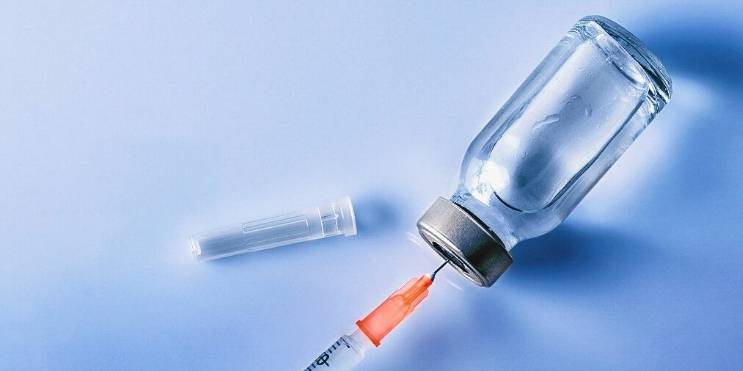"Overcoming the Pain of “Shingles”: Understanding the Herpes Zoster Vaccine to Safeguard Your Health - Dr. Yeung Ho Hong (楊浩康)
Herpes zoster, commonly known as “shingles” (生蛇), is a disease caused by the varicella-zoster virus. This virus is also the culprit behind chickenpox.

Why Do People Get “Shingles”?
After recovering from chickenpox in childhood, the virus doesn’t completely disappear; instead, it lies dormant in the body’s nervous system. When immunity weakens, these latent viruses can become active again, triggering herpes zoster, or “shingles.” Therefore, anyone who has had chickenpox is at risk of developing “shingles.”
Symptoms of “Shingles”
Herpes zoster causes painful red rashes and blisters that appear in a band-like pattern on the body. It is a contagious disease.
Herpes Zoster Vaccine: An Effective Way to Prevent “Shingles”
Vaccination with the herpes zoster vaccine (帶狀疱疹疫苗) helps prevent “shingles” or reduces the severity of the condition if it occurs.
What You Need to Know About the Herpes Zoster Vaccine:
- Live Vaccine: The current herpes zoster vaccine is a live vaccine that effectively prevents herpes zoster.
- Reducing Severity: Even if shingles occurs after vaccination, the vaccine can lessen the severity of the condition and reduce the likelihood of complications.
- Relieving Postherpetic Neuralgia: The herpes zoster vaccine can also alleviate the pain caused by postherpetic neuralgia.
- Vaccination After Having Shingles: Even if you’ve previously had shingles, you can still get vaccinated, as “shingles” can recur when immunity is low.
- Uncertain Chickenpox History: If you’re unsure whether you’ve had chickenpox in the past, you can still consider vaccination as a preventive measure.
Who Should Get the Herpes Zoster Vaccine?
The herpes zoster vaccine is suitable for men and women aged 50 years or older, requiring only a single dose.
Who Should Not Get the Herpes Zoster Vaccine?
In certain cases, individuals should not receive the herpes zoster vaccine, such as:
- People who have had an anaphylactic reaction to any component of the vaccine
- Patients with primary or secondary immune system disorders
- Individuals taking immunosuppressive medications
- Pregnant women
Safety of the Herpes Zoster Vaccine
The herpes zoster vaccine is generally very safe. Common side effects include redness or pain at the injection site, headaches, or limb pain.
Important Reminder:
Before receiving the herpes zoster vaccine, be sure to consult a doctor to determine if it is suitable for you.
Conclusion
Herpes zoster is a painful condition. Vaccination with the herpes zoster vaccine is an effective way to prevent “shingles.” For the sake of your health, consult a doctor to learn more about the herpes zoster vaccine.
